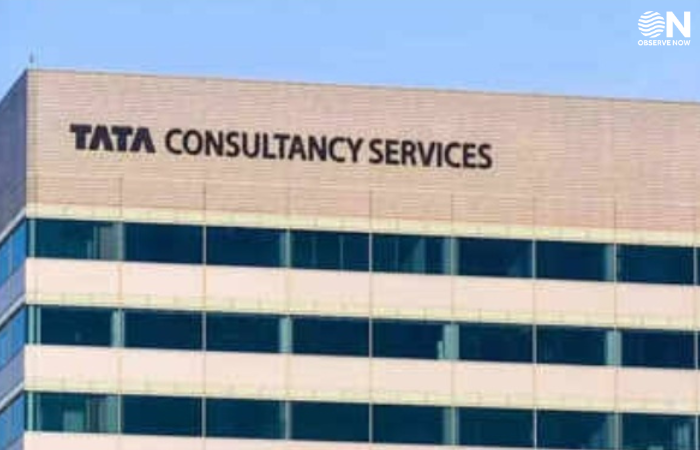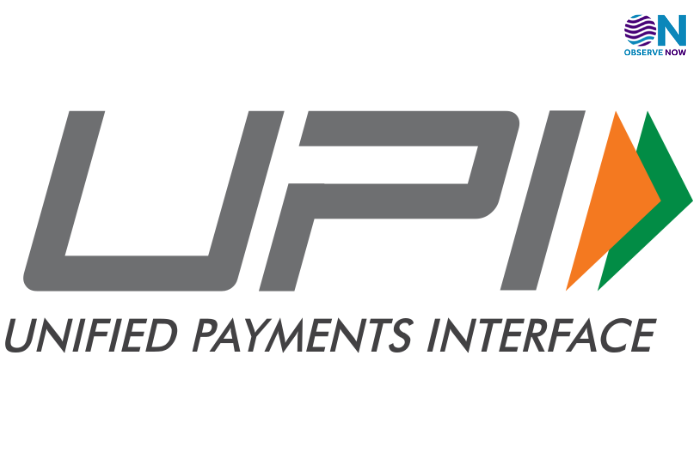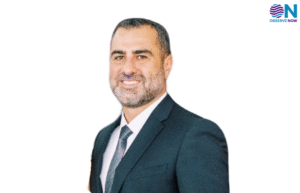Modi Hails Youth-Led Space Revolution as Over 200 Startups Take Flight
Prime Minister Narendra Modi, in the latest edition of his monthly Mann Ki Baat address, celebrated astronaut Shubhanshu Shukla’s triumphant return from the International Space Station, calling it a moment that sparked a wave of enthusiasm for space science among India’s youth. He noted that in commemorating this milestone alongside the success of Chandrayaan‑3, India has witnessed a profound surge in curiosity—from children who now dream of becoming space scientists to a growing ecosystem of innovation powering their ambitions.
Modi revealed that just five years ago, India had fewer than 50 space-related startups, a number that has now risen to over 200, underscoring the rapid expansion of the nation’s private space sector. This growth is not only symbolic but reflects a tangible shift toward entrepreneurship and self-reliance in advanced technology domains.
He highlighted that his government’s “Swadesh Movement” and the vocal for local initiative are strengthening indigenous innovation, positioning startups at the forefront of India’s push toward a developed nation by 2047. As an example of grassroots engagement, Modi described how the INSPIRE‑MANAK programme—which encourages innovation among schoolchildren—has seen participation double following Chandrayaan‑3.
Beyond counting startups, Modi praised young Indians for excelling in science and mathematics Olympiads, and he lauded achievements in sports and cultural heritage that capture the nation’s imagination. He also encouraged citizens to contribute ideas on celebrating National Space Day on August 23, aiming to further engage youths in scientific exploration and space awareness.
Earlier this year, the government had launched a ₹500 crore (approximately $58 million) Technology Adoption Fund via IN‑SPACe to support early-stage space startups, aiming to reduce dependence on imports and accelerate commercial innovation. A ₹1,000 crore VC fund was also approved to drive investment in the sector. These measures have bolstered ecosystem growth, enabling private players to contribute meaningfully to orbital infrastructure, satellite manufacturing, and mission-critical systems.
Modi’s address made it clear: India’s youth no longer see space as a distant dream. With breakthrough missions, policy support, and an entrepreneurial ecosystem now flourishing, a new generation is ready to transform science fiction into science fact.


























